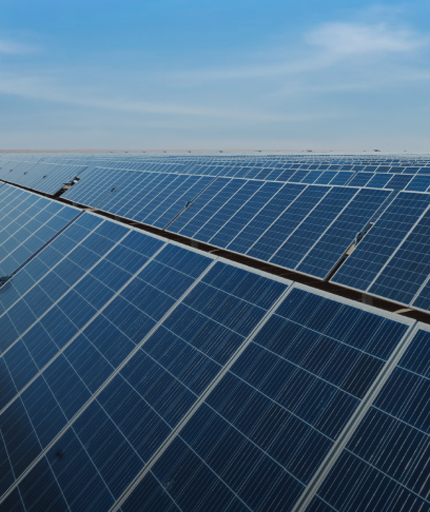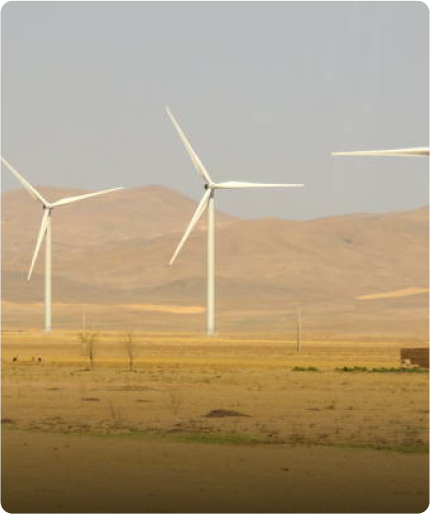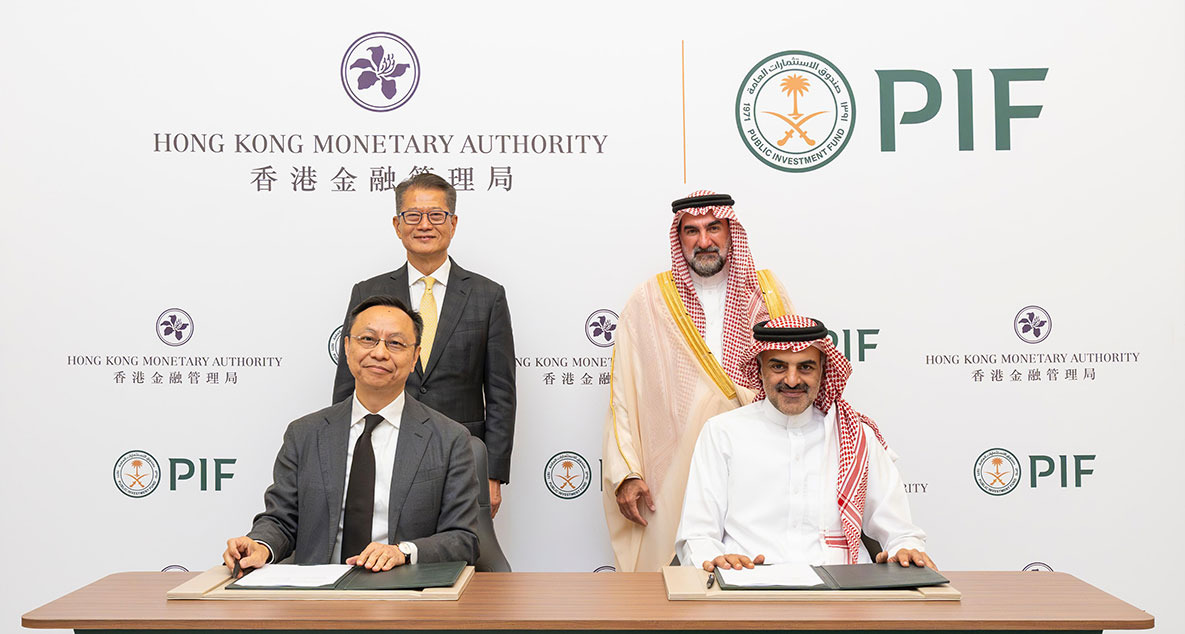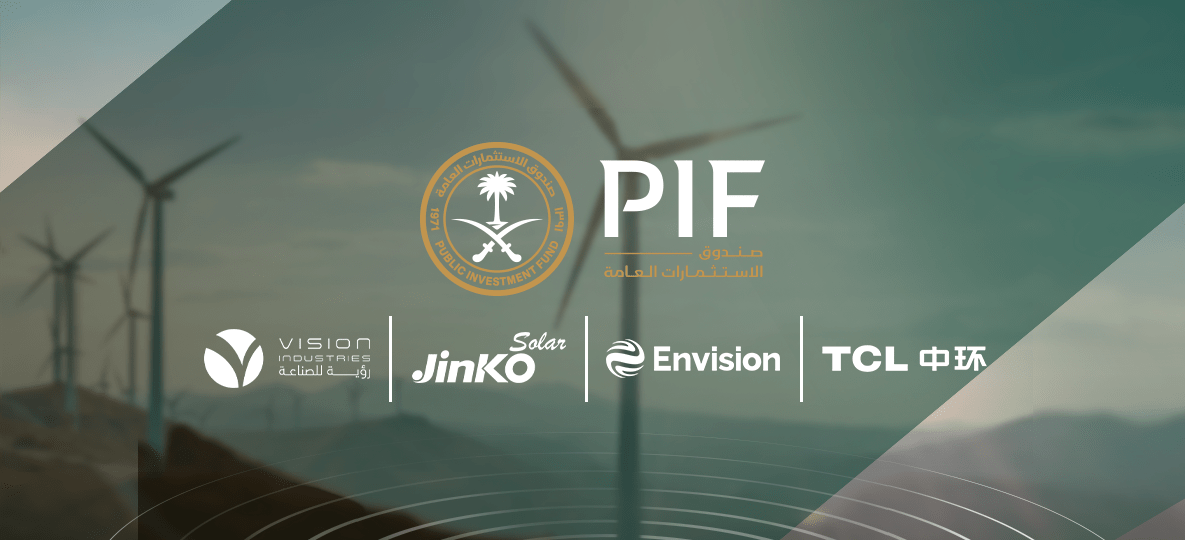Utilities and Renewables
Leverage Saudi Arabia's Natural Potential to Grow the Utilities and Renewables Sector
The Utilities and Renewables sectors have become increasingly relevant for the world today, as the United Nations defined “Climate Action” and “Affordable and Clean Energy” as two of the sustainable developmental goals (SDGs) for the world through 2030. This initiative is expected to increase Saudi Arabia’s domestic capacity in utilities and renewables and adopt clean technologies to reduce carbon footprint while maximizing financial return and developmental impact.

Opportunities
- Local energy consumption in Saudi Arabia is expected to increase significantly by 2030
- Renewable energy sources are already cost-competitive with conventional energy, making them an attractive area for PIF from a development and manufacturing perspective
- Building Saudi Arabia solar and wind energy capacity and developing the value chain in industries related to solar and wind energy in Saudi Arabia (manufacturing equipment such as solar cells, modules, wind turbines, etc.)
- Expanding waste management sector activities to improve the recycling rate of waste in Saudi Arabia, converting waste into energy, and expanding the customer base in both municipal waste and industrial/hazardous/electronic waste
- Promote the growth of energy efficiency services and adapt operating models to evolve the services offered over time
Portfolio companies in this sector
x
PIF's Role in Achieving Ambitious Renewable Energy Targets
Saudi Arabia set ambitious targets for the Utilities and Renewables sector, with the 2030 target of building renewable energy capacity of over 100GW. 70% of the renewable energy development projects will be developed under PIF to drive renewable energy capacity growth and localize renewable technologies.
PIF will also play an integral role in developing the waste management sector and becoming a key enabler to private sector players by driving projects and investments. PIF mandate complements the aspiring targets in waste management, where the landfill diversion rate is expected to gradually increase to 82% by 2035.

Progress
Outcomes through supporting portfolio companies in achieving their business objectives by
-
Water and Electricity Holding Company (Badeel), a wholly owned portfolio company of PIF, has reached financial close on about 15GW of renewable energy projects by 2024.
-
PIF announced the completion of the acquisition of a 30% stake in Saudi Tabreed, the leading Saudi district cooling service provider.
-
National Energy Services Company (Tarshid) has achieved more than 6 TWh of energy savings in the government sector, equating to around SAR 2.1 billion in monetary savings, which translates to more than 13.6 million barrels of oil equivalent and more than 4.3 million tonnes of CO2 emissions cumulatively by 2024.
-
PIF contributed SAR 132 million to the capital increase of GCC Labs to support the company’s expansion plans, providing testing, inspection, and certification services to customers in Saudi Arabia and the region.
-
PIF has entered into three joint ventures to localize the manufacturing and assembly of solar and wind power equipment in Saudi Arabia through the Renewable Energy Localization Company (RELC), aligning with the Ministry of Energy's initiatives.
-
10 December 2024 The PIF Effect: Pioneering investments send ripples of real impact through Saudi Arabia and the worldPIF News Network
-
31 October 2024 PIF and Hong Kong Monetary Authority sign memorandum of understanding for investment fund at FII8Press Releases
-
16 July 2024 PIF strengthens renewable energy localization in Saudi Arabia with three new joint venturesPress Releases






